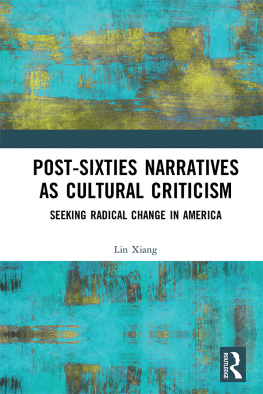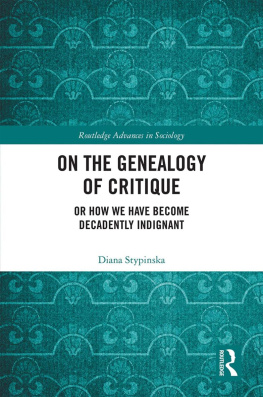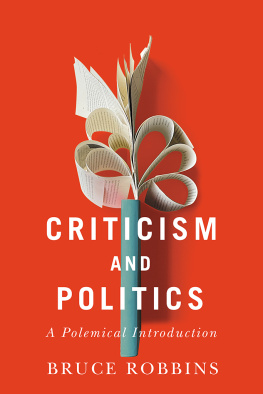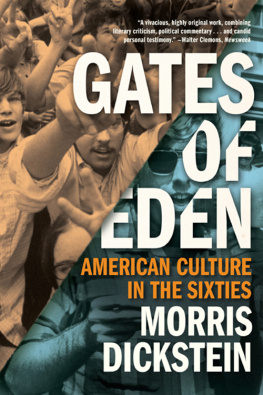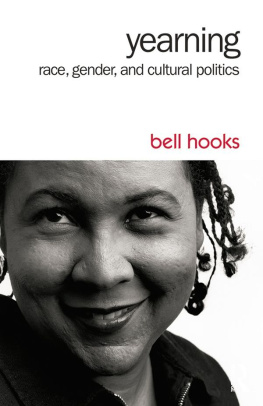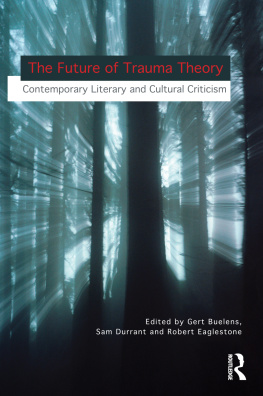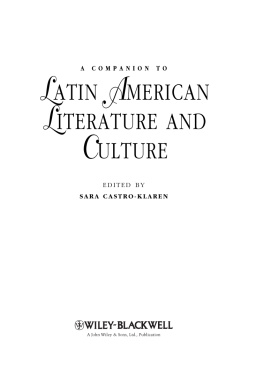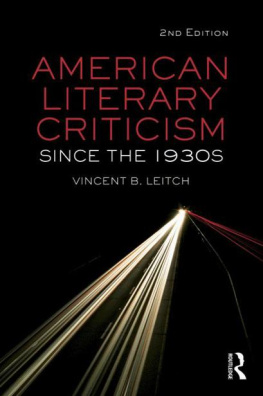Post-Sixties Narratives as Cultural Criticism
This book examines the cultural criticism led by New York intellectuals from the 1960s onwards, considering the influence of such critique on American collective memory and contemporary public culture. With a focus on essays that appeared in Dissent magazineone of the most important journals of the New York intellectualsfrom the year of its launch in 1954 to its most recent issue, as well as representative books on American culture by Daniel Bell and Russell Jacoby, the author contends that post-Sixties narratives constitute a special paradigm of cultural criticism that seek radical possibilities for societal change in the US, based on a use of the 1960s as an index for understanding American cultural and political life. A study of the ways in which narratives can move beyond story-telling to have interpretative and ideological functions as a form of criticism, this book will appeal to scholars of cultural studies and sociology, as well as those working in the fields of linguistics and literary theory.
Lin Xiang is Associate Professor of English at Sichuan Normal University, China.
First published 2020
by Routledge
2 Park Square, Milton Park, Abingdon, Oxon OX14 4RN
and by Routledge
52 Vanderbilt Avenue, New York, NY 10017
Routledge is an imprint of the Taylor & Francis Group, an informa business
2020 Lin Xiang
The right of Lin Xiang to be identified as author of this work has been asserted by her in accordance with sections 77 and 78 of the Copyright, Designs and Patents Act 1988.
All rights reserved. No part of this book may be reprinted or reproduced or utilised in any form or by any electronic, mechanical, or other means, now known or hereafter invented, including photocopying and recording, or in any information storage or retrieval system, without permission in writing from the publishers.
Trademark notice: Product or corporate names may be trademarks or registered trademarks, and are used only for identification and explanation without intent to infringe.
British Library Cataloguing-in-Publication Data
A catalogue record for this book is available from the British Library
Library of Congress Cataloging-in-Publication Data
A catalog record has been requested for this book
ISBN: 978-0-367-35555-5 (hbk)
ISBN: 978-0-429-34021-5 (ebk)
My idea of writing this book did not appear until the fall of 2015, when I was a visiting scholar at The University of North Carolina at Chapel Hill. Davis Library of UNC is one of the few libraries in the USA (and probably in the world) with a complete collection of the paper copies of Dissent. Meanwhile, I met the same librarian, Professor Tommy Nixon, whom I had consulted eight years before when I was writing my Ph.D. dissertation. That work was on Lawrence Ferlinghetti, who had, coincidently, graduated from UNC in 1942. Just as he had provided me with the location of Ferlinghetti files, Professor Nixon this time gave me the call number for Dissent. From then on the corner table near the Dissent shelf on the sixth floor of Davis Library became my main working place during my sojourn in the American South. I am, therefore, grateful to Professor Nixon. I enjoyed talks with him about the Beats. I also feel privileged to have been able to study at Davis Library.
Professor Fitzhugh Brundage, chair and dean of History Department of UNC was my tutor during my visit from 2015 to 2016. He provided vital help to support my research work. He read carefully my research proposals and generously and extensively discussed American intellectual history with me. He made arrangements so that I could attend symposiums and faculty lunches to meet and talk with other scholars. Molly Worthen was one of those I met. She had just graduated from Yale and started her academic career at the UNC History Department. I benefited a lot from our talks, either at a campus caf or in her office, on American history and university culture. I also got to know Brent Glass, a famous public historian and a UNC graduate, who had just retired from his position as curator at The Smithsonian National Museum of American History. When I visited DC in the spring of 2017, he showed me around the museum. He enthusiastically explained to me in detail some of the most important exhibits. I am also grateful to Professor Peter Filene who served as my tutor during my 2007 visit at UNC and inspired me a great deal in my study of the Beat Generation. I would also like to thank James Peacock, who was the retired liaison officer for international scholars and who helped me associate with other prestigious scholars at UNC. I enjoyed many of their talks about American history and politics, as well as the tasty food at Carolina Club. I also want to thank D.G. Martin, whom I got acquainted with at the Club, who introduced me to the Charlie Soong documents. Through this collection I learned more about how intellectual engagement with two cultures may ferment social changes in a nation.
I am most grateful to Flare Brown, a UNC undergraduate, my roommate and friend, who offered friendship and kindness when I was newly arrived at Chapel Hill. I discovered through her so many good qualities of American youth. Herself a local North Carolinian, Flare also let me know how American racial politics exerted an influence on African-American students like her on this campus in the American South. During my stay at UNC, I also got to know some outstanding Chinese visiting scholars. Hui Dai was one of them. A law school student from Peking University, Hui showed potential and capability of a future leader in civil service. We shared our ambitions for the future, our dreams of making the world a better place, and a love of our life and work, with each other.
I owe also a lot to my Ph.D. tutor Xiaolu Wang. It was he who gave me the opportunity to write academic articles in English and have them published. Although I graduated from Sichuan University ten years ago, I still turn to Professor Wang very often for academic suggestions and support. He is always ready to help as much as he can. I am so very grateful to have been his student.
Lastly, but most importantly, I would never have been able to write a book in English without David Kessler. He was still working as a librarian at Bancroft Library of UC Berkeley when I got to know him more than 11 years ago. Now he has retired and he is my dearest American papa. He is also my book editor. As a matter of fact, he had already been my editor long before he promised to edit this book I was about to write three years ago. He edited the English abstract of my Ph.D. dissertation, which was finished in Chinese in 2009. Papa David was a Ph.D. studenta History major at Berkeley during the 1970s. He told me his generation lived more for dreams and ideals, instead of money and fame. Papa David carefully edits every chapter that I write in this book. His editing deals with not only language, but also ideas. The many questions that he asksabout fact-checking, quoting accuracy, logic, etc.make it possible for me to write more concisely, coherently, and convincingly. He is a master editor. I love him.
Lin Xiang
This book attempts to study narratives as criticism. Textual analysis is the main research approach. The primary subjects of this textual analysis are the relevant essays that appeared in Dissent magazineone of the most important journals of the New York intellectualsfrom 1954 (its launch year) to 2018 (the most recent issue available). The author of this book concludes that post-Sixties narrativesstories about the 1960sare a special paradigm of the New York intellectuals cultural criticism. Such narratives serve to shape the collective memory and national mood of Americans by using the 1960s as important historical index for understanding political and cultural affairs in contemporary America. The main purpose, or function, of the post-Sixties narratives of the New York intellectualsthrough their writing in

